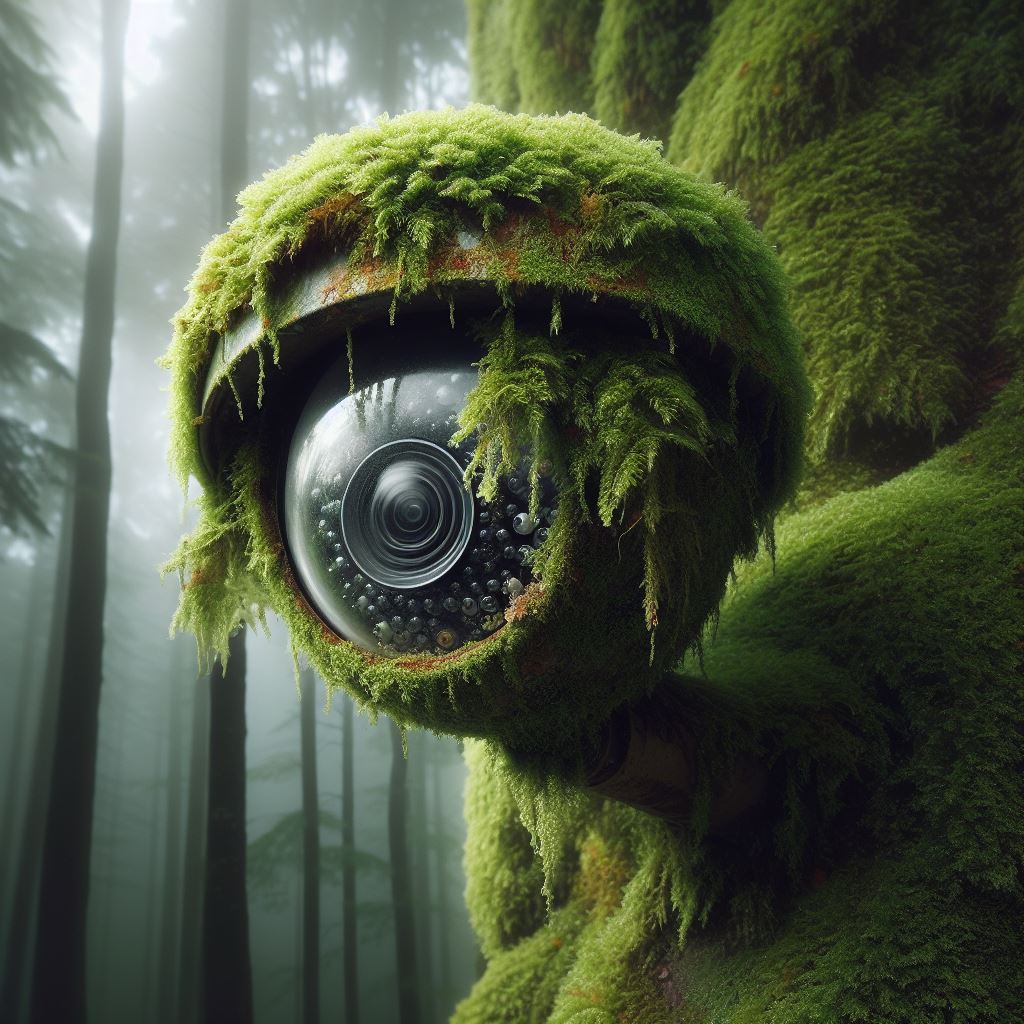A culture that thinks like an algorithm also “projects a future that is like the past,” James Bridle explains, because “that which is gathered as data is modelled as the way things are, and then projected forward — with the implicit assumption that things will not radically change or diverge from previous experiences.” In a world reliant on computation to make sense of things, “that which is possible becomes that which is computable.”



The "innocent reddit lib" to "evil totalitarian tankie" r/ChapoTrapHouse pipeline definitely worked on me. Although I don't think online personalities are part of that at all. YouTubers and twitch.tv streamers at most provide an alternative for people who are into that stuff that isn't so toxic and right-wing, which is valuable. But they all seem like such idiots (not that I'm free of idiocy). Probably most online stuff is unimportant in the grand scheme of things (but it's good when these personalities tie stuff into actual things going on the US).
I think the content of this article is pretty interesting too. I think the best thing would be to create compelling online services that don't have algorithmic stuff mixed into them. Or at least create algorithms that are transparent. Hexbear has a "Sort" thing like Reddit, which has "Active", "Hot", and "Top" which could use more clarification when you select them, what to expect from them. The best systems are ones that don't require anything algorithmic. Twitter has been trying to reduce people's usage of "latest tweets first" without success I think. Having the ordering of tweets be entirely chronological and free from algorithmic recommendations is really nice. Of course, there's still algorithmic stuff elsewhere on Twitter, but the twitter feed isn't really influencing user behavior the same way other websites do. Might be a small reason why Twitter can be more sane than Facebook (although I've never used Facebook). You're still in a bubble, since you only follow people who you agree with, but the idea of "expanding" the "perspectives" you're exposed to is mostly just media outlet talking point stuff that isn't super relevant, although it's obviously a thing.
Maybe designing mass communication systems where things don't get lost in the noise would be the ideal future. Or ones that give people a fair amount of publicity for their ideas when they want it. The solution in the case of stuff like Spotify would be to remove algorithmic stuff from it and just recommend things in a transparent way. Stuff could still show up that's "related" to stuff you listened to. But it could also recommend stuff that's popular in different parts of the world or country, or which is in a category you don't have exposure to (I guess kinda like that "expanding perspectives" thing lol).
Yea, I think on some level pipelines are definitely a thing. We're all constantly becoming, makes sense that media consumption and media consumption choices have some (complex, reciprocal, probably not straight-forward, though still real) relationship to how we do become, who we are after time has passed. I figure we've always already been in some form of tube of becoming, it's just that this complex web of 'becoming-tubes' around us is getting reduced in complexity; the accumulating and stratifying forces of capital is merging these organic becoming-tubes to fewer and fewer pipelines, making them more easily perceivable as amorphous forces/objects influencing our becoming.
In general, I'm very sympathetic to the 'Internet but with less/no algos'-sentiment, but I don't think that's feasible at all anymore. The incredible amount of content produced constantly makes some form of aggregation absolutely necessary or else the site would be unusable and unattractive, you'd drown in bad content nobody wants to watch. And the sheer volume of that content is too much to be handled by humans, it must -to some extend at least- be automated, at least for sites that rely heavily on user generated content, like YT. Twitter is indeed doing something a bit differently, and it very well could be the fact that it relies less heavily on recommendation systems and more on actual human recommendation for feed curation. While Twitter has some sort of 'frontpage feed', it's really not why users make accounts there, I think - it's real people pulling them to the platform by their presence there; not necessarily so much the content itself.
I kinda love that idea, reminds me of that old promise of ten minutes of fame, but I'll have to think about that for a bit. My first intuition is that attention is scarce, and this will probably run in the face of (attention) economic considerations on closer inspection